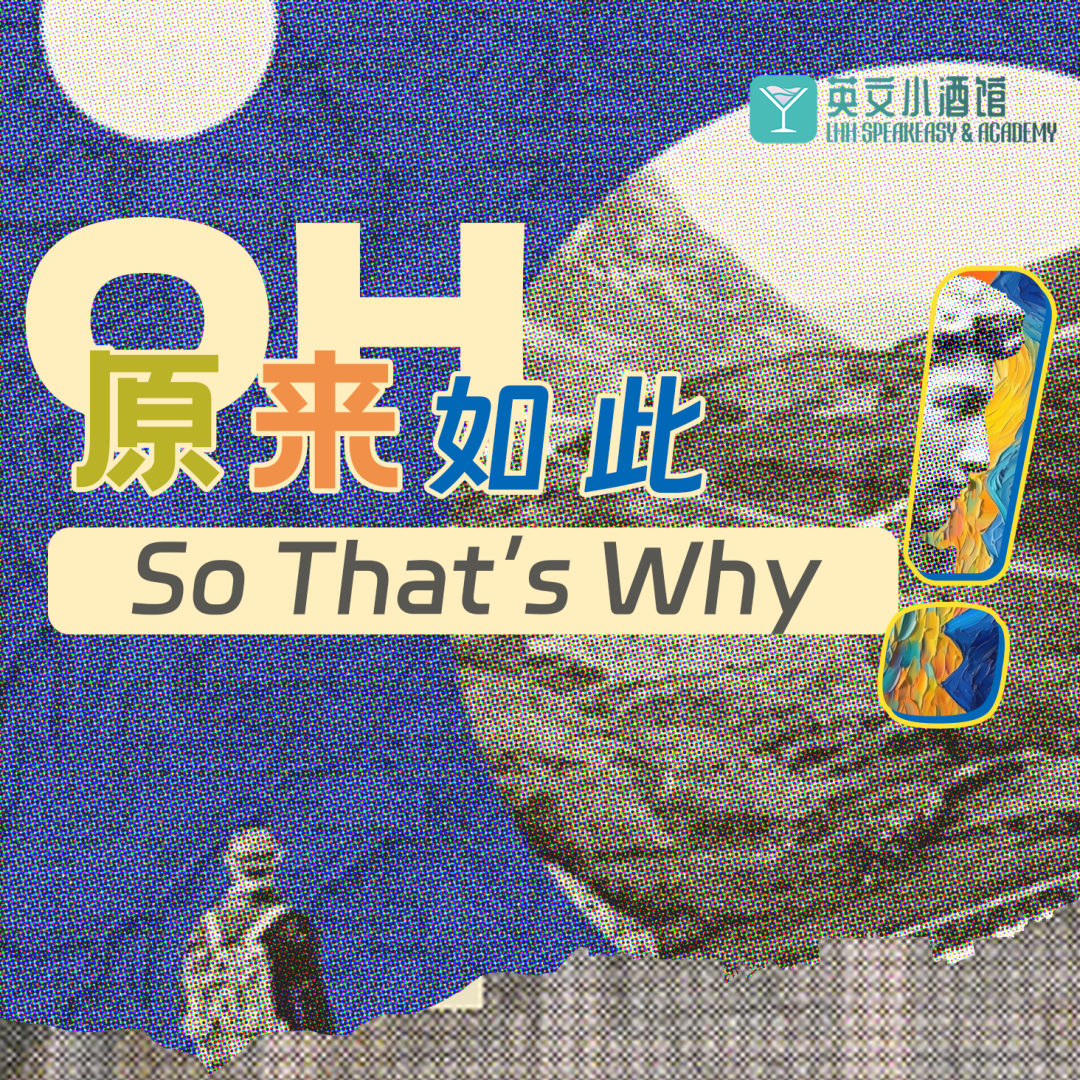《原来如此 》-原来英语的姓和名大有讲究
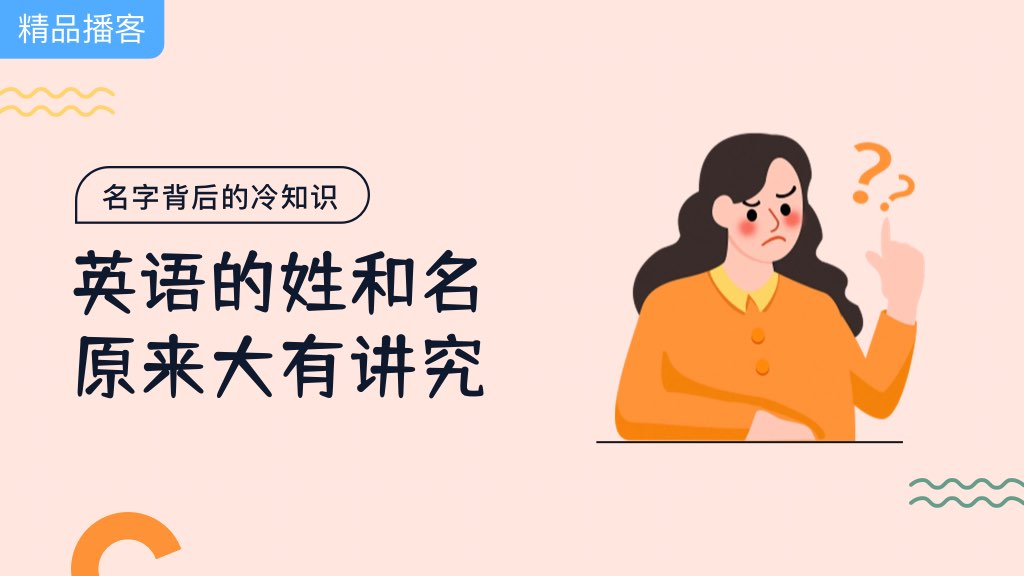

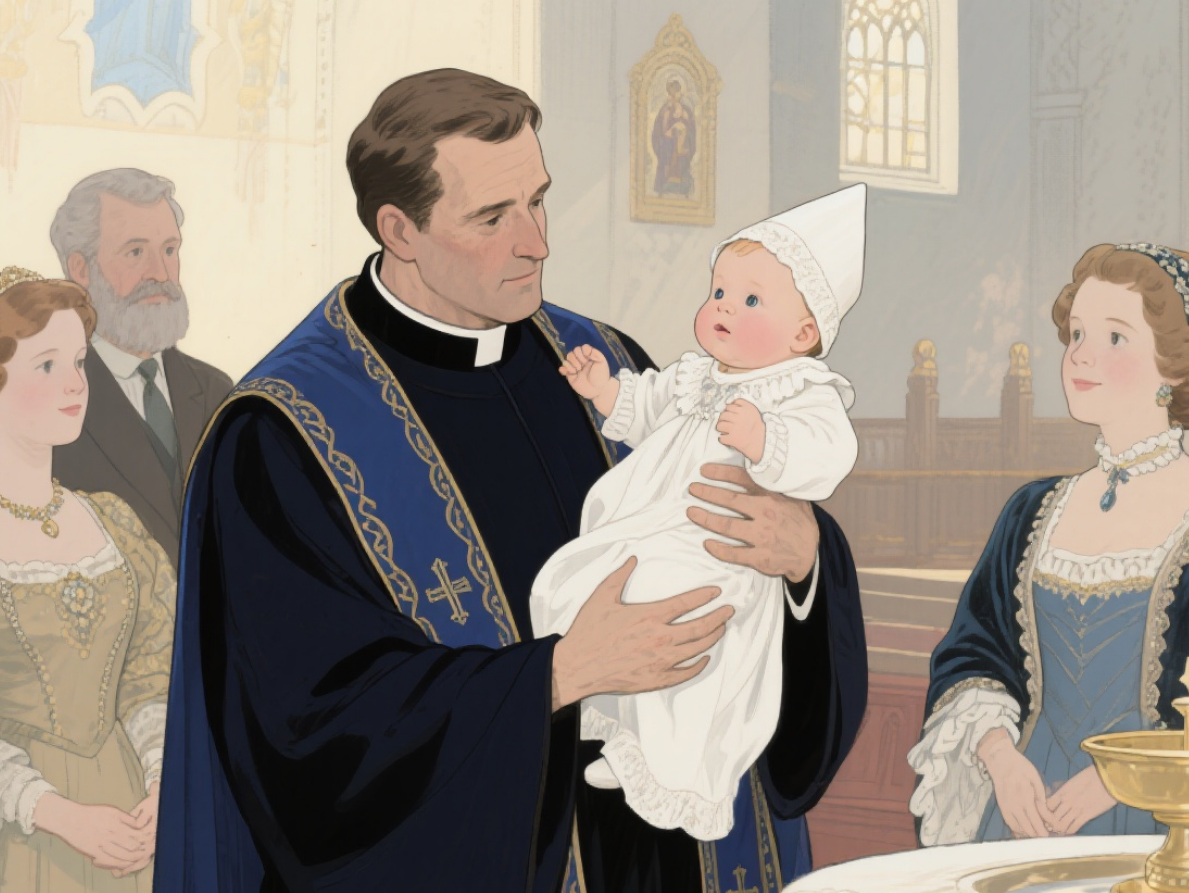
图片均来源于网络 | 侵删
加小助手VX【luluxjg1】领取全文逐字稿
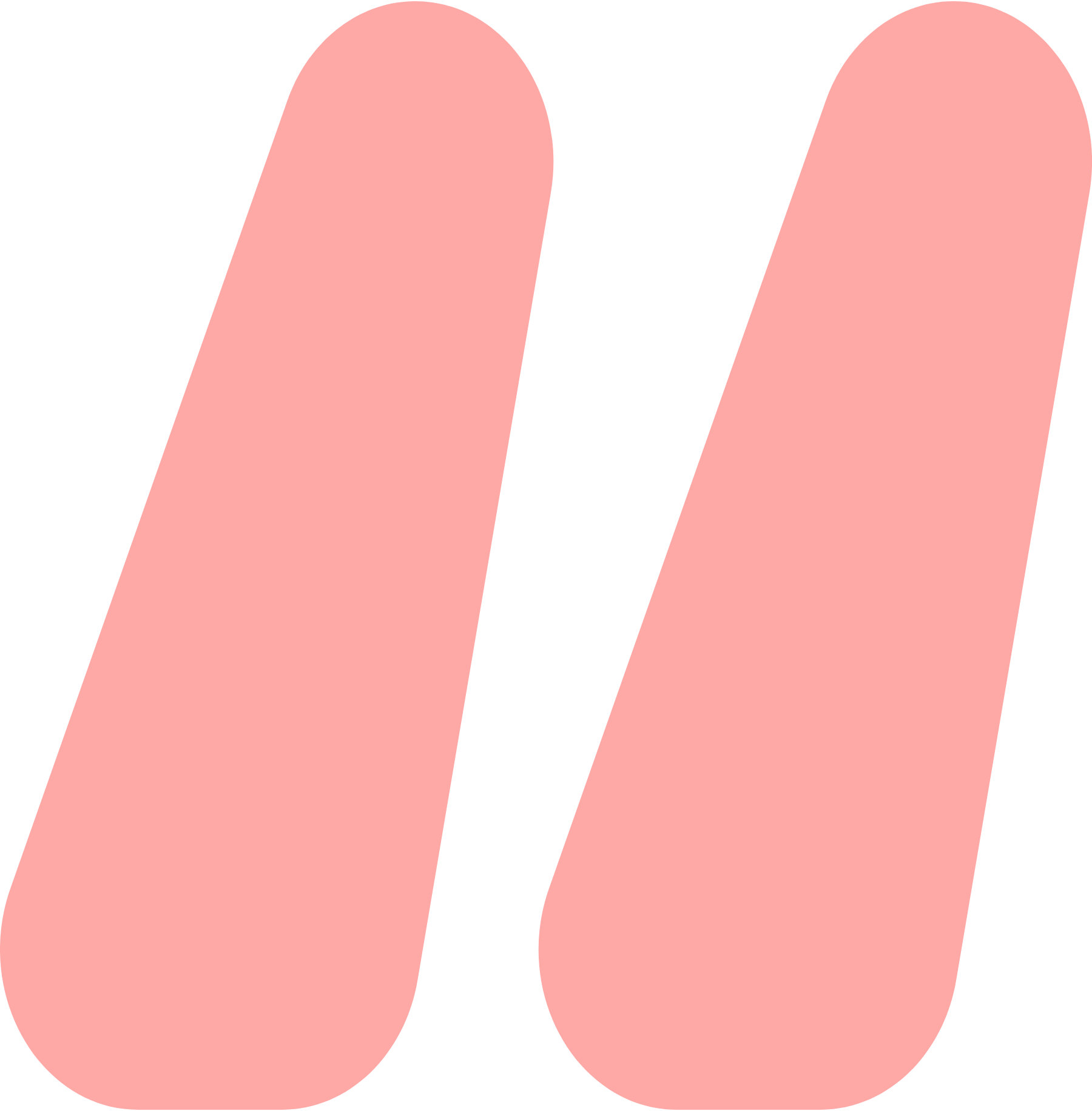
Why do we have last names?
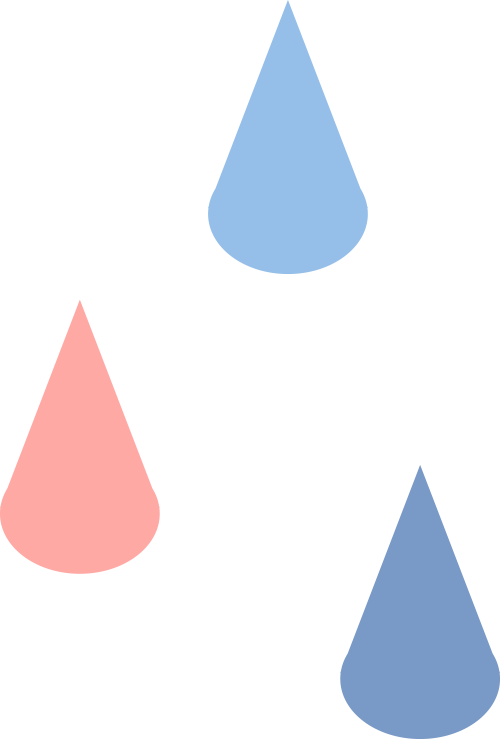
In the past, people only had first names, but as communities grew, it became hard to tell people apart.
▼
Last names (also called surnames) were added to help identify individuals more clearly.
▼
Surnames started to become common in Europe during the Middle Ages, especially after governments began keeping official records (like for taxes or land).
▼
Many last names came from a person’s job (e.g., Smith, Baker), where they lived (e.g., Hill, Rivers), their father’s name (e.g., Johnson = son of John), or a personal trait (e.g., Short, Strong).
▼
In some cultures, last names show family history or ancestry, and are passed down from generation to generation.
▼
In many countries today, a person’s full name includes a given name (first name) and a family name (last name).
▼
In some cultures, people use both the mother’s and father’s surnames, or the order of names is different.
▼
Last names help with legal documents, travel, school records, and many other official uses.

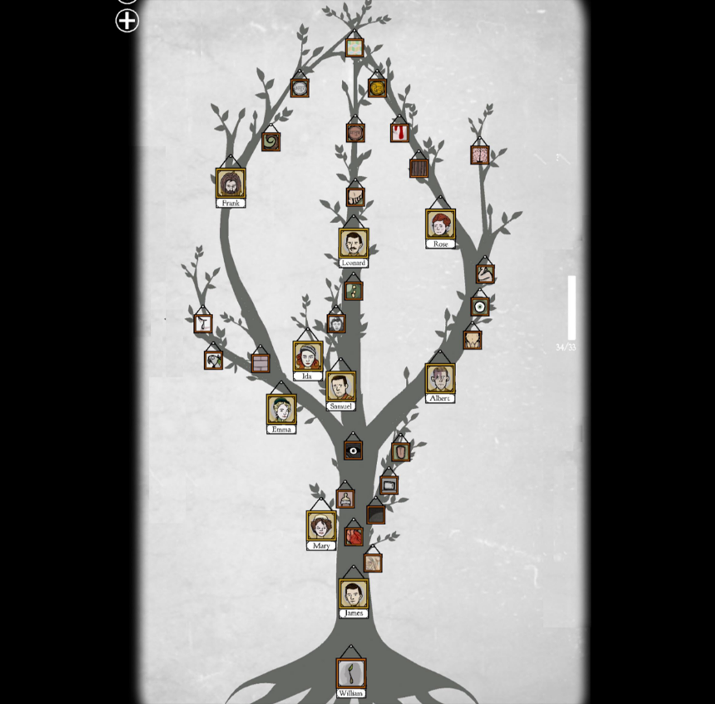

Useful Phrases
Expressions
“Family name / surname / last name”
– Different words for the same thing.
“Given name / first name”
– The name you’re called by.
“Full name”
– Your complete name (first and last).
“Take your partner’s surname”
– To change your last name after marriage.
“Double-barrelled surname”
– A last name made of two parts (e.g., Taylor-Smith).
“Passed down through generations”
– Inherited over time.
“Trace your family name”
– Research your family’s history.

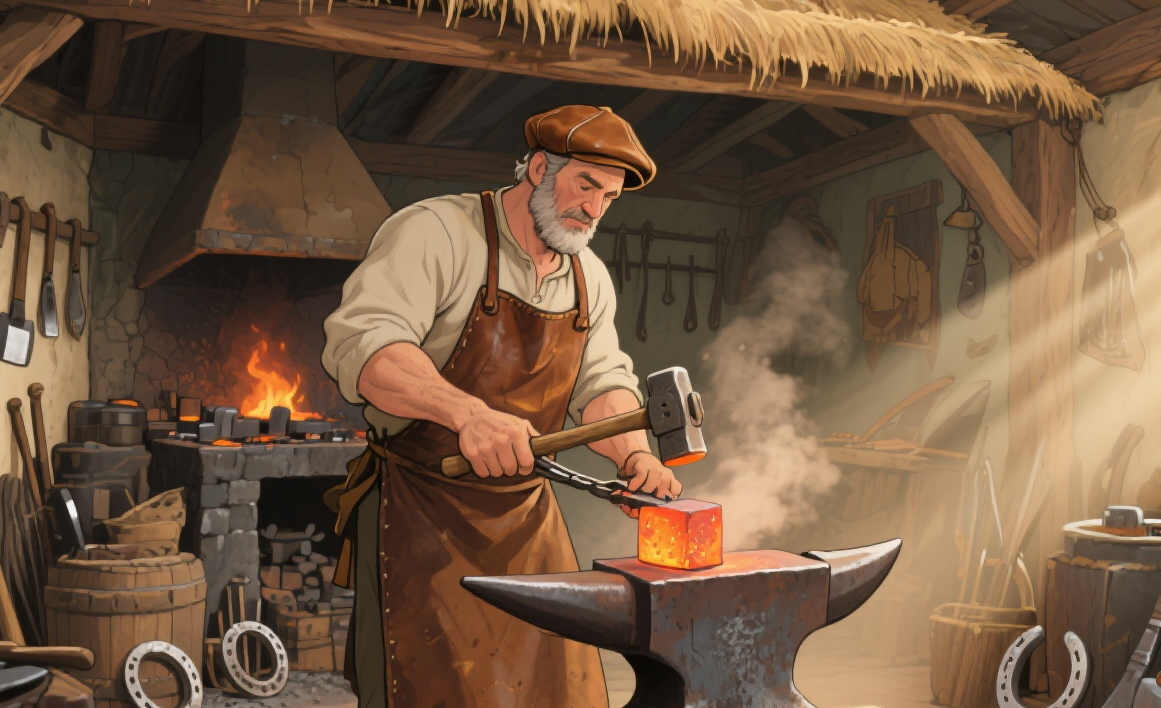
Hi, everyone. And welcome back to one of your favorite segments《原来如此》【Oh, So That's Why】. Hi, 安澜.
Hi, Lulu, hi everyone.
So in this segment, 安澜 and I will get to the bottom of some of the customs, behaviors in English speaking cultures and in cultures in general. So today let's talk about names.
Okay.
See. For Chinese, it can be a bit confusing because obviously we just have 姓and 名, well, for modern Chinese. It used to be much more complicated as you probably know.
Yeah.
But many English learners in China will get confused with the names in English, the last name, the first names, the surnames, the family name, the Christian name, the given name...
Yeah.
So let's sort that out.
Okay. First of all, let's have a look at the terms. So everyone has a first name and a last name.
First name and last name. You know that in English the order is different. So last name is 姓. For example in Chinese we have 张、王、李、赵, these will be last names.
Yeah. Or we can also call them surnames.
Surname.
Or last names, or family names.
Family names. Family name is very easy to understand, for example, in Chinese we also have, you konw, 王家人, 李家人, so this is the family name.
Yeah.
安澜, I often wondered why surname. Is that from French?
Yeah. It comes from old French. It literally means over name, “surnom”.("Sur" which means "over" or "above.""Nom" which means "name.").
So it's the name that comes first.
It's the name that is used with the given name. So it's the name of the additional name, the above name.
The above name. So last name, surname, family name, 这个是相当于中国的姓。名in English, it's called first name because it comes first now, and it's called given name.
Yeah.
Because that's the name given by your family. They will give you a different... for each kid they give a different name.
I've also heard Christian name就是所谓的教名 in books. Now people don't really say Christian names, do they?
No, it's quite old fashioned. It's basically the name that was given to babies when they were christened, when they were baptized.
哦,就是婴儿受洗, 如果受洗礼的时候, they're given that name.
Yeah.
So now you know 姓名is last name, surname, family name. 名is first name, given name, Christian name.
That's right.
When did...Do people always have surnames and first names?
No. People always had first names, but as communities grew, it became very difficult to tell people apart.
Especially English names. I know at least five Georges and a few Franks and I mean... your name is Andy. I mean I know at least 6, 7 Andys.
Oh, yeah. My name is Andrew.
Andrew, still. Andy is just short for Andrew. It's a nickname.
So last names were helped to identify individuals more clearly, but this was a gradual process. There weren't a list of names to choose from. So many last names came from, for example, a person's job, Smith.
Okay, so like Blacksmith是铁匠, Goldsmith是金匠. And Silversmith是银匠. Smith is basically like...
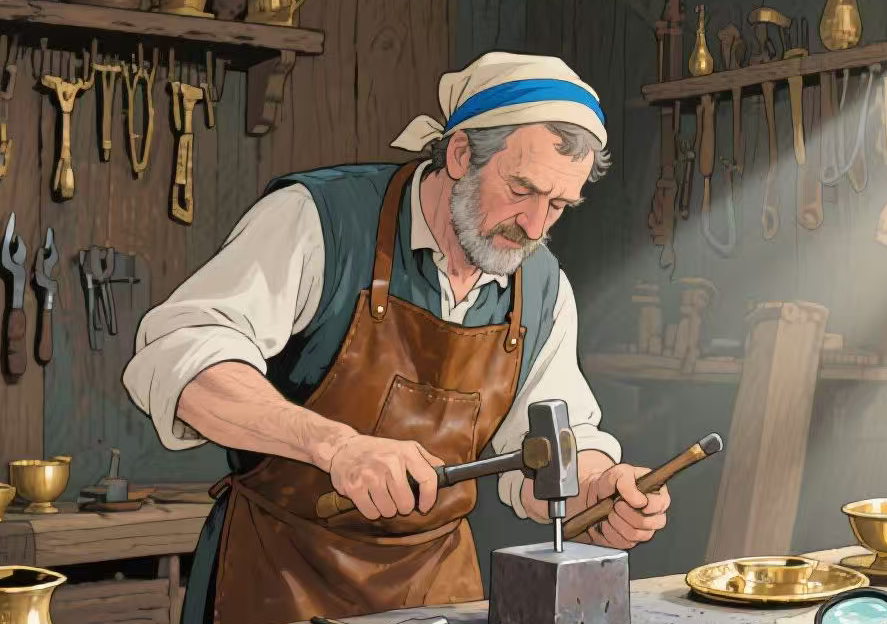
A metal worker.
A metal worker. Yeah
Yeah. Then you have Baker...
Who obviously bakes. Is there anyone named Butcher?
Yes.
Butcher... as a surname.
There were a few people who’re called Butcher.
That's unfortunate. But also there are names that are based on geographical locations.
Yeah.
You know like hills or rivers.
Oh, yeah. Or it could just be their father's name, for example, Johnson.
John's son.
Yeah.
Or Richardson, Richard’s son.
Tomson.
Tomson. Tom's son,
Yeah. Or it could just be because of a personal trait like short or strong.
Okay. Will Short.
Yeah.
That's just unfortunate. I do not want to be called Short to be honest, but I probably will in that situation.
Yeah.
All right. It's very interesting to think that for you guys the first names are highly repetitive but the last names are not. But for us because we have so many Lees and Wangs and Zhangs and the surnames actually are not the things that separate us.
No. Now in English speaking countries, we also have middle names to help separate us a little bit more.
对中间名, why are people given middle name and based on what? I think people have all sorts of middle names, some of them sound like names, others don't even sound like names.
Nope. So a middle name was used as a way to honor relatives. So for example, someone might be given the name of their grandparents as a middle name.
Oh... to remember their ancestor.
Yeah.
It's a way to remember your... some of your... probably your older family members or family members that have passed away.
Yeah.
But usually they're shortened to a letter. It's like, for example, John M. Smith.
Yes.
I guess you're right. It's to further distinguish, to further separate people. For example, both people are called John Smith, but they have John S. Smith and John M. Smith.
But the thing is that having multiple names, was ...and to some extent, still is a sign of wealth or nobility. So people were given middle names because they wanted to see much more higher status than they were.
I have a question. What about your royal family? What is their last name?
Their last name is Windsor.
So William would be William Windsor. Isn't Windsor a name of place?
It is. A bit of a strange story. So originally their surname was Sachsen-Coburg und Gotha.
Isn't that German?
That was German. Because a lot of royal family originally come from Germany. But during the World War I, when we were at war with Germany, people didn't quite like the fact that the King was called Sachsen-Coburg und Gotha. So the King change the name to Windsor. So technically, the King would be Charles Windsor.
Yeah, this is the thing. What is... so his official last name is Windsor now.
It's the name of his house, but the thing is one, the King doesn't need a passport.
Okay,
And two, he is just called...
King Charles. King Charles III.
Because let's be honest, if you're the King, it's quite easy to know that you're the King.
Okay. Same with the previous Queen Elizabeth.
Yeah. So her official name was Elizabeth Windsor. All of them have quite a few middle names, which I can't remember. But...
Nobody uses them.
Nobody uses them.
It's very interesting. Okay, so last name is always about family history, ancestry and passed down from generation to generation.
So before we wrap this up, let us go through a few words and expressions.
We talked about family name, surname, last name, given name, first name. So 安澜, you used to complain to me about students given full name, when they're asked to give full name, they get a bit confused. So full name is basically just full name, given name and family name.
Yeah. That is it. But also I always find it quite funny that sometimes people get confused when they address me. So for example, I've been called Mr. Andy in the past.
Yeah. This is very understandable because for us, we always like technically we know the whole first name last name thing, but it's a habit that always assume whatever comes first is the 姓, is the last name. You can't really blame students for that.
No.
Okay, and English speaking countries now it's still customary to take your husband's name or take your husband's surname when you get married, right?
It's becoming a bit less common now before it was standard, but now quite a few women are refusing.
Keeping their own name.
They're keeping their own surname.
I remember in the past there was still the concept of maiden name.
Yes.
This is basically their father's name, the father's surname, right?
So is the name before they got married.
就她们还待字闺中的时候, 我们看她们姓氏, 其实就是父亲的姓氏 。
And then once they get married就是夫姓. But nowadays there are quite a few women who decide to keep their own surname.
Yeah. Or what might happen is they might have a double-barreled surname.
Double-barreled is hyphenated就直接连名的那种. So for example, I'm like using English examples like, for example, Smith-Baker, one surname is Smith, the other is Baker. But it's really pretentious, isn't it?
It’s seen as quite upper class. It is seen as rather pretentious, but it's sometimes used as a way of keeping a surname that is almost dying out. So because we have so many surnames in English that sometimes a family name dies out.
Yeah, then just use that family name.
So what you do is you try to preserve it or some women, they use a double-barreled name because they want to keep their original name, but they also want to take their partners name.
Still, I think it's a little bit pretentious, 这个有一点的阶级属性的. Usually when you hear a double-barreled surname, you kind of assume at least upper middle class.
Yeah.
By Chinese standard, this will be like Zhang-Wang something something. Some women, I think for example like in Hong Kong, they do that - they keep their original name.
Yeah. It is not that uncommon.
Okay, I think that is going to be what we're going to talk about today. Leave us a comment in the comment section. Let us know your interesting stories with names.
So until then.
We’ll see you next time.
Bye
Bye.
排版长图:
文稿校对:
图片来源:
Jer.ry
妞妈 & Jenny
均来源于网络 | 侵删
